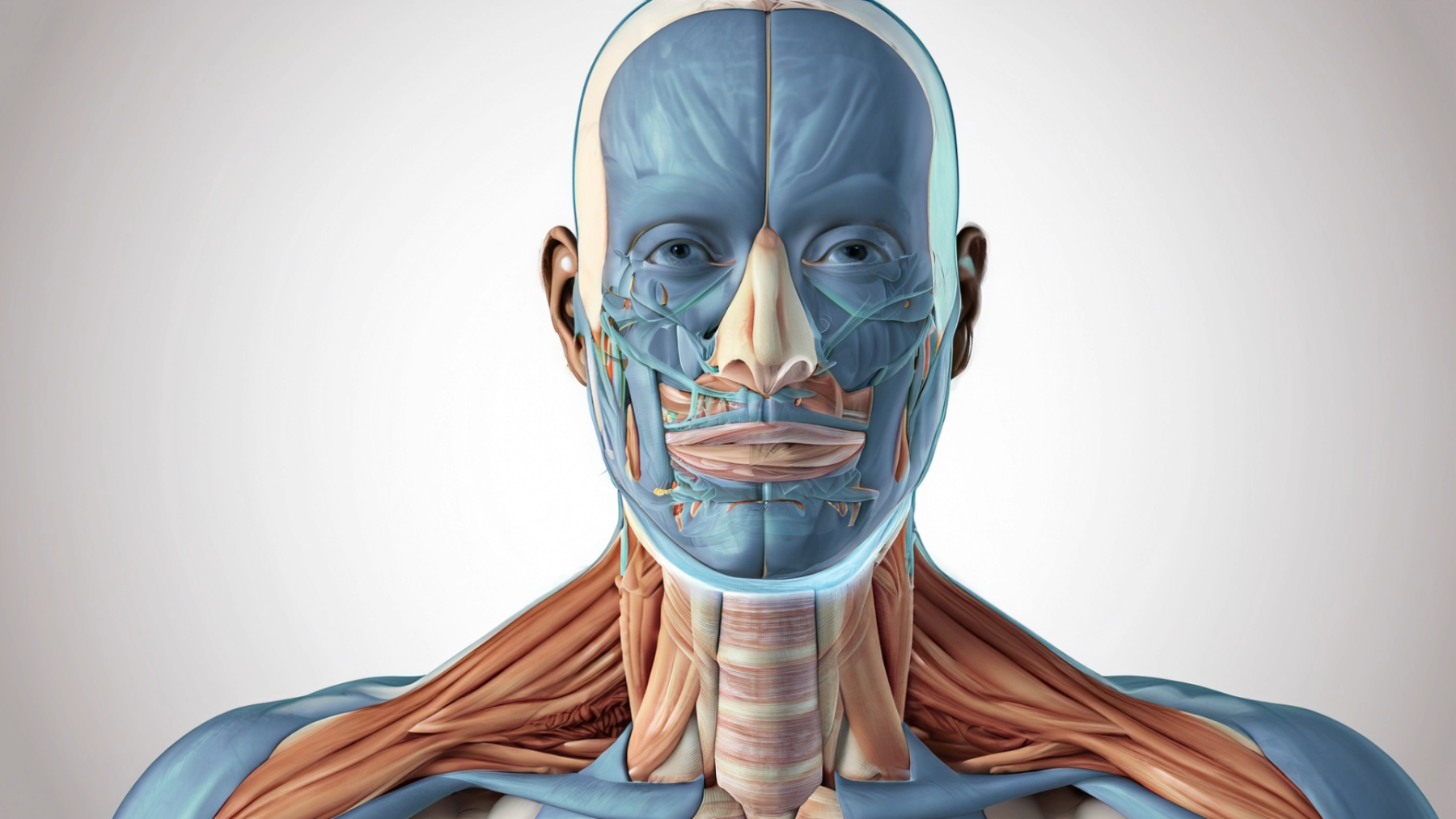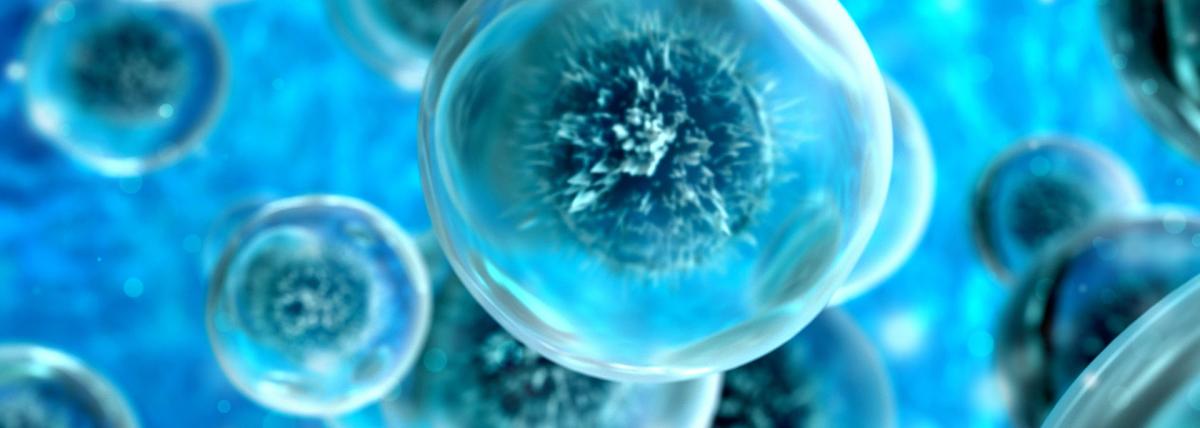
I'm Too Hot to Learn
by Leslie Gudger
Human cells function best within a specific temperature range. Recent scientific data has shown that extreme high temperatures can have detrimental effects on our cells. In fact, repeated exposure to extreme heat (like the 31 consecutive days of 110-plus degree weather we endured in 2023) can damage brain cells, cause inflammation in the brain, and exhaust cognitive reserve. How do we expect our students to gain and retain information under this steadily changing environment? Students will be conducting research on this scientific concept and creating a video to show their findings.
Lesson Grade Level
7th GradeLesson Plan Link/URL
https://docs.google.com/presentation/d/1F3bmMOpqqZUP8GVj-qLRIrPkKyE2ehRo/edit?u…Subject Area
Science Life Science L1: Cells Technology 1. Empowered Learner 3. Knowledge Constructor 6. Creative Communicator English Language Arts (ELA) Reading (Informational Text) Speaking & Listening
Featured
Off
Related Content

Grades:
7th Grade
This lesson allows students to work in teams to determine the specific function of an organelle in the cell. Rather than having students try and memorize the function of each organelle, the focus is

Grades:
3rd Grade, 4th Grade, 5th Grade, 6th Grade, 7th Grade, 8th Grade, 9th Grade
Engineers often create small-size models of a new product to test its design. This is especially true with airplanes. Model testing tells engineers how a design responds to different air conditions

Grades:
6th Grade, 7th Grade, 8th Grade
This is an 8-lesson unit that is designed to be used together to learn about the health and diversity of your local watershed by placing leaf packs into a water source (natural or man-made ponds